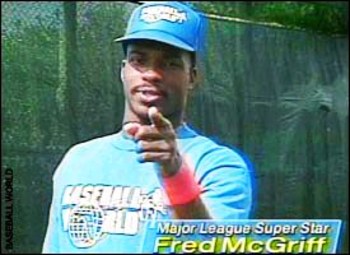There's something deeply unsettling – perhaps because I'm a Polack, or maybe this applies more broadly – about Germans talking about race, cultural differences, and how people of different nationalities can best get along. Sorry guys. I'm sure Germans hate hearing this with a passion, but…too soon. I know, I know. It was 60-plus years ago. But Germany may have permanently forfeited its right to lecture the rest of us on assimilating religious and ethnic minorities.
That said, I noted with great interest these comments from Chancellor Merkel over the weekend, echoing sentiments she has been expressing more often lately:
"The approach of saying, 'Well, let's just go for a multicultural society, let's coexist and enjoy each other,' this very approach has failed, absolutely failed," she said…"We've all understood now that immigrants are a part of our country, (but) they have to speak our language, they (to) have receive an education here," Merkel told CNN's "Connect the World" program September 27.
Has multiculturalism been a failure? Well, yes, inasmuch as tolerance of different cultures within the same borders is nonexistent outside of the western world and very, very poor within it. Sure, the U.S. or Germany probably do a better job of having diverse ethnicities get along than, say, Sudan or anywhere in Central Asia or the Middle East, but we still suck at it. The U.S. has a serious race problem and a level of xenophobia that looks tame only when compared to most of Europe.
But has multiculturalism failed so clearly that the idea itself is a failure?
buy antabuse online buy antabuse no prescription
This is the difference between saying something hasn't worked and that it cannot work. In fifteen years of thinking about this question I haven't come to any useful conclusions. I understand why forced assimilation is both undesirable and infeasible. At the same time, I think I'm to the right of most of my ideological brethren in that I also readily admit the problems caused by too little assimilation. On the one end of the spectrum you have a concerted effort to erase the cultural identity from different groups of people and on the other you have a permanent, ghettoized underclass that is there-but-not-really-there, hidden away in the shadows of mainstream society.
The real problem as I see it is that I don't think many people – America certainly isn't exceptional on this point – have the cognitive capability to appreciate/respect marked cultural differences without seeing the members of those groups as "others." The average person in the U.S., for example, understands that immigration is a permanent feature of American society and will accept, perhaps grudgingly, that different people will celebrate "weird" ethnic holidays and eat different food and generally not be the same as white people in rural Kansas. But that same person struggles, I think, to see immigrants as fundamentally the same – every bit as American as you or I or apple pie – when they talk, look, dress, act, and live differently. Some people can handle that; I don't have faith that their numbers are very large relative to the size of our country.
So even if it's Right and even if people approach the issue with good intentions, I think multiculturalism has failed, as the Chancellor points out, and will continue to fail as long as people remain incapable of seeing their neighbors as simultaneously very different and fundamentally the same. Adults should be able to handle that kind of higher-level thinking but it does not appear that they can. I guess that we will continue our futile, counterproductive practice in the West of lashing out at people who look, talk, and believe differently for refusing to assimilate, thereby making it substantially more difficult for them to do so…
not to mention less likely.
It's a great system. It's working well for Germany's Muslims, not to mention Latinos in the U.S.
